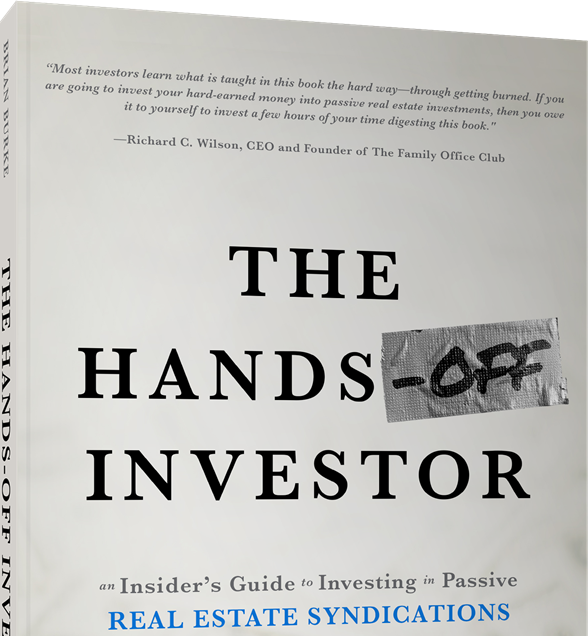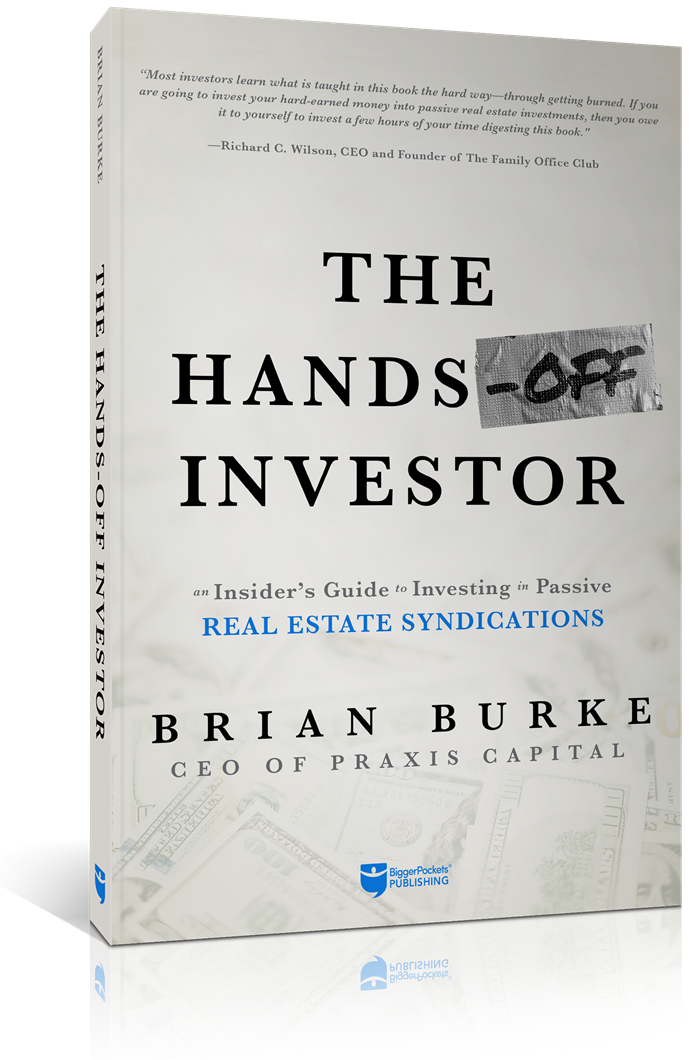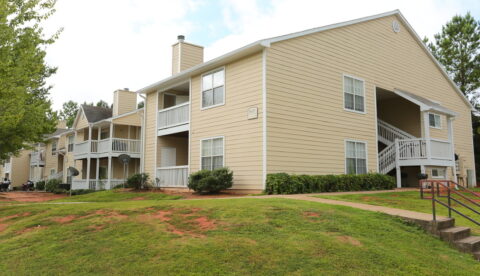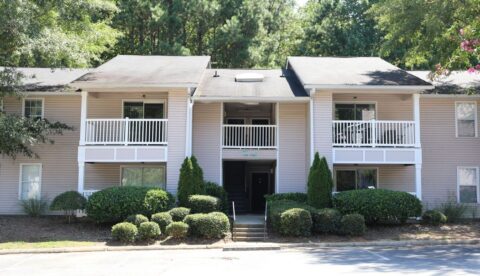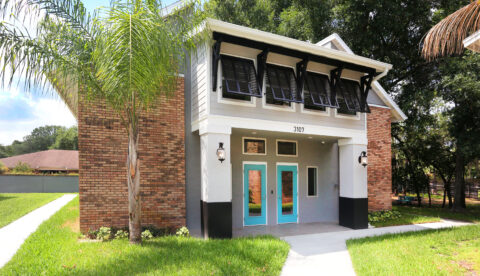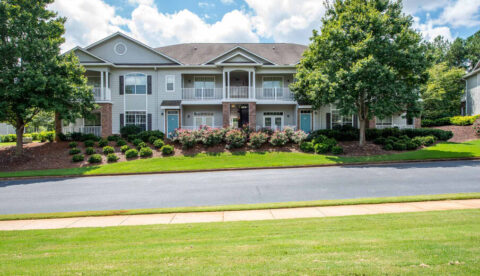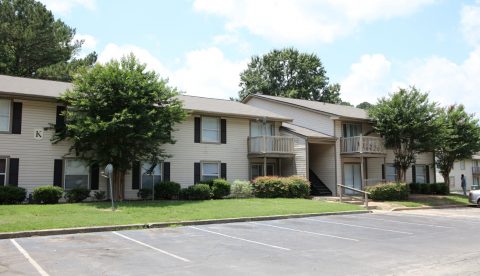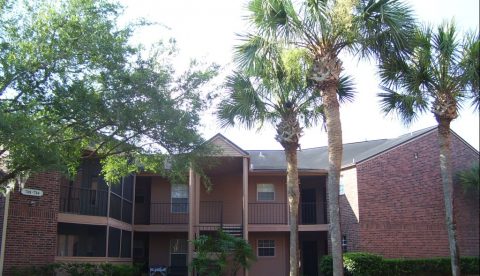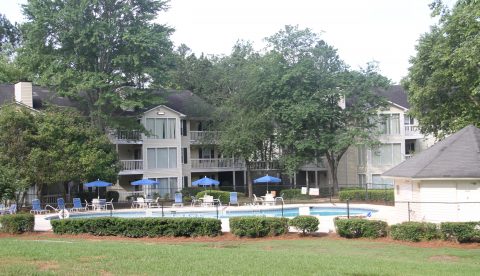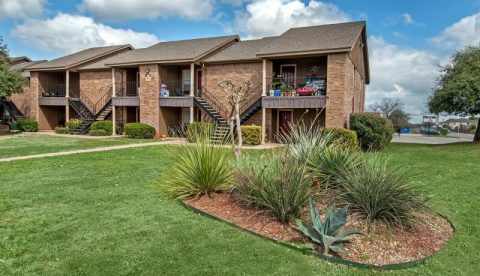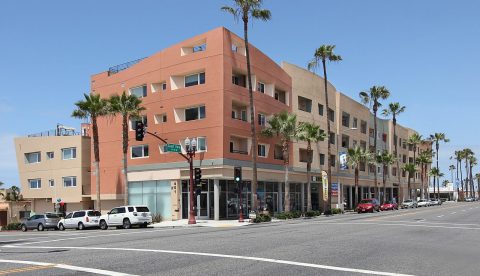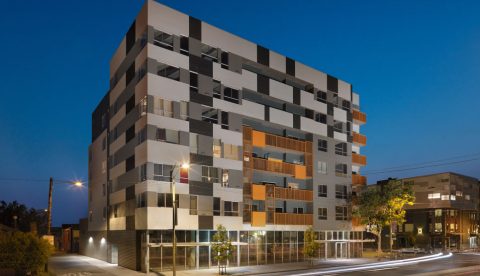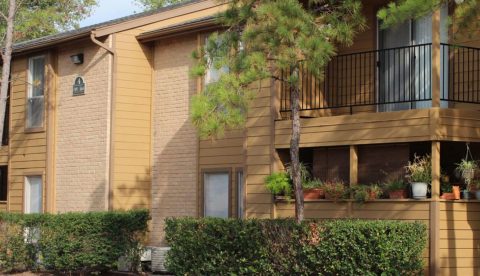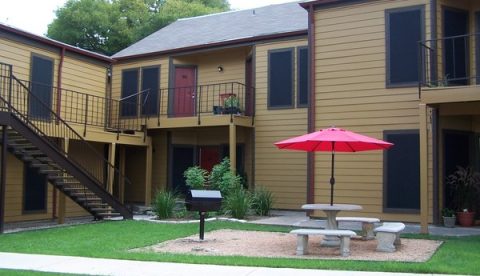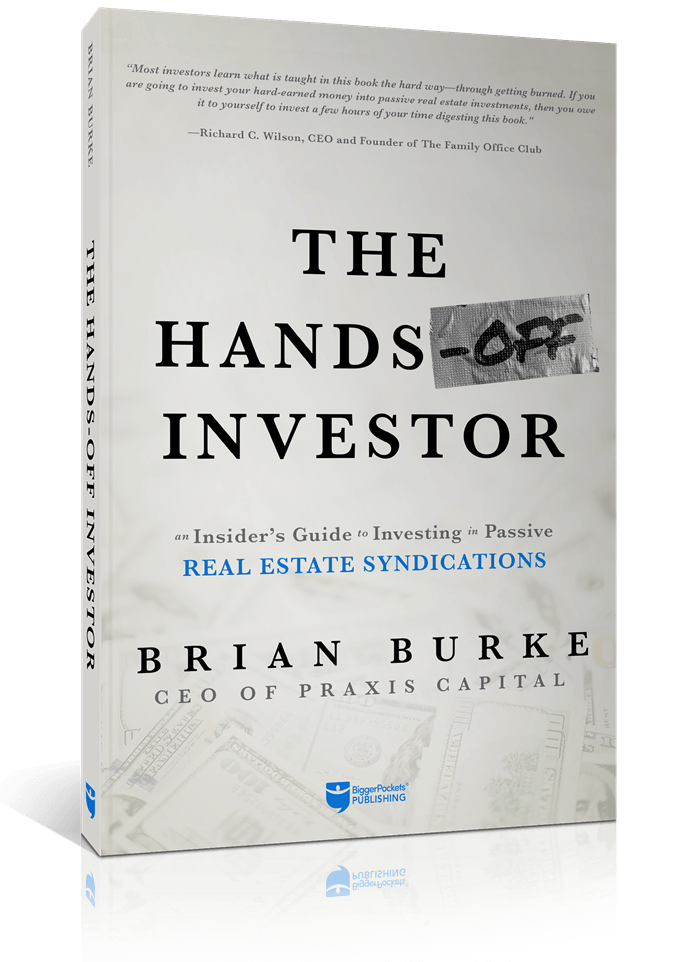How Could Declining Credit Performance Create Impact Real Estate?
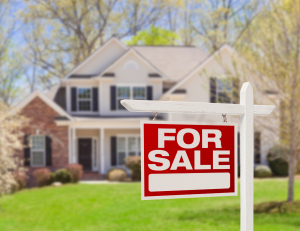
Could declining credit and debt performance create more real estate investment opportunities this year?
While real estate debt has continued to perform above expectations, and the property market has been enjoying incredible growth, might other forms of non-performing debt help provide investors more opportunities?
Real Estate Continues To Outperform Expectations
Many logically anticipated another crash after COVID lockdowns and restrictions began to be implemented. Fortunately, a lot of stimulus, forbearance programs, moratoriums, low interest rates, and rising prices helped avoid that.
In fact, it appears that mortgage delinquencies and defaults have continued to improve. REOs have been extremely scarce for investors. Short sales haven’t been needed.
House prices have been growing at a rapid pace. As have rents. Even the overall commercial property market has done well, as massive amounts of capital have been chasing income opportunities, and a shelter from the volatility of the stock market. Most of this has been a shift away from office buildings, with billions being plowed into multifamily, as well as industrial.
Other Types Of Debt Not Performing
While mortgage debt appears to be beating expectations, other types of credit do not appear to be riding the same trends.
In fact, data released by banks and published by DistressedPro reveals some significant areas of distress in the economy.
This includes $22B in business loan debt that is late or in default at the beginning of 2022.
Auto loans have also been deteriorating. That has been growing at around $1B a quarter. Last quarter saw a 40% rise in 30 to 90 day late credit card debt. A pool of $14B.
Debt & Default Trends
Normally, when people get into financial trouble they first begin allowing credit cards to fall late. They can live without those. If things get really tight, they may then default on car loans. Something which more may be able to do with uber and all of the other transportation options arising.
If they still can’t make ends meet after that, then expect them to begin to fall behind on their real estate debt. With all of the additional fees and costs it is something hard to recover from. Especially once they pass the 90-day mark.
Analyzing The Impact For Investors
It seems important to keep an eye on tenant and borrower performance among these trends. If they keep heading in this direction, we could see more tenants, homeowners and business owners in default.
While high amounts of equity and demand may mean REOs remain scarce, this could turn into far more opportunistic investment opportunities for real estate investors. Especially those that need more deal flow and access to deals, and at better values. All this equity should mean there is enough cash there for everyone to benefit.
Property owners may not be deep into foreclosure, but they will be more motivated.
